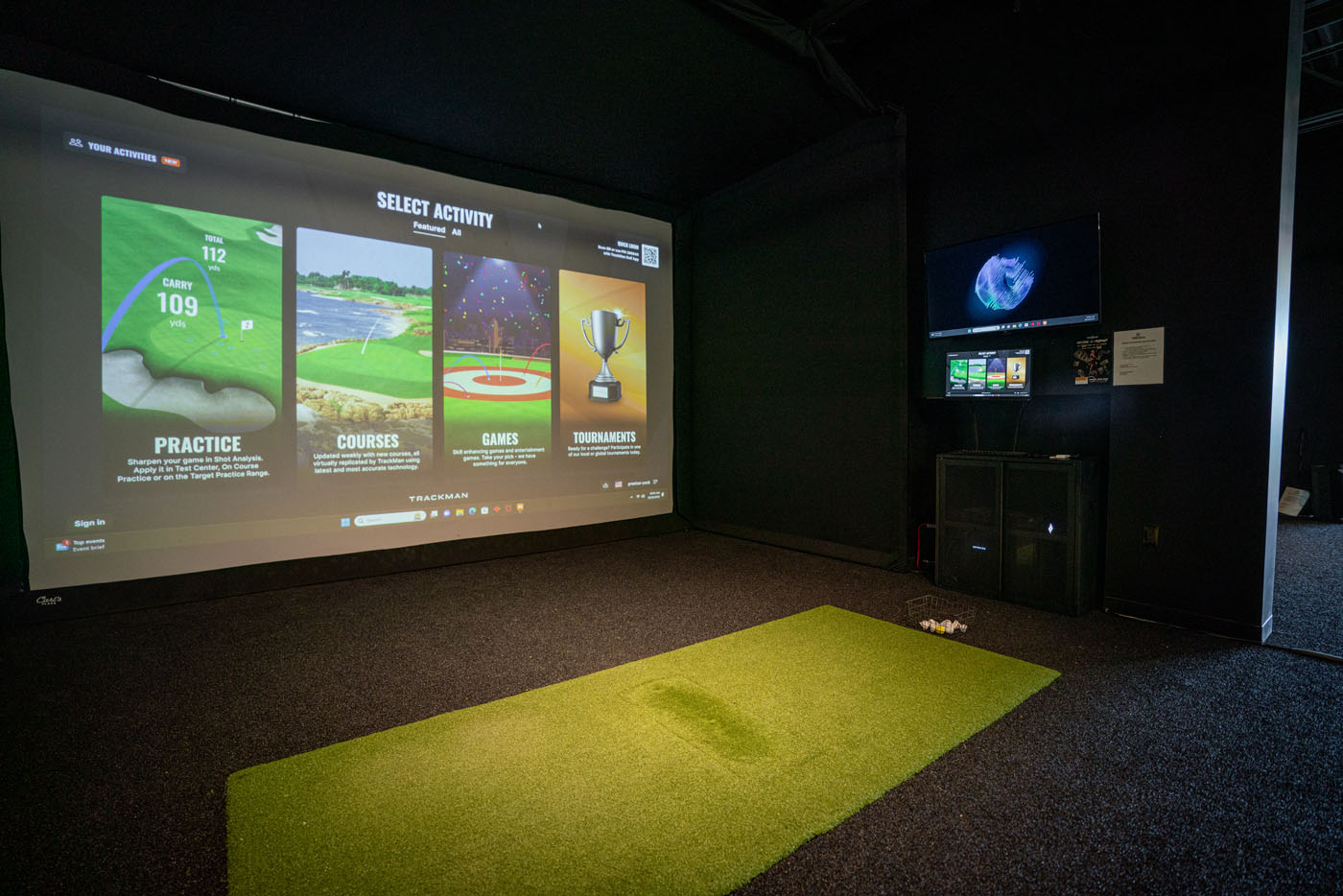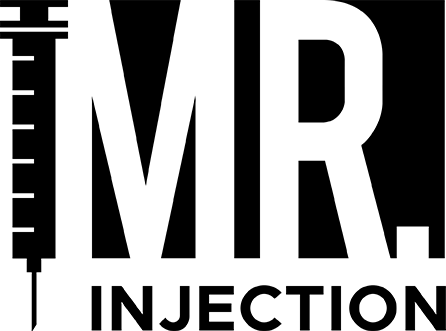Golf is a game of precision, and one of the most crucial aspects of mastering it is perfecting your swing. It’s a beautiful blend of skill, technique, and a touch of finesse. Whether you’re a seasoned golfer or just starting out, learning how to properly swing a golf club can greatly improve your game. Here we’ll break down the essential elements of a good golf swing to help you step up your game on the fairway. And if you want to find a place to properly train,
Tee Box St. George, UT
has a number of golf training programs, as well as strength and conditioning exercises.
Build a Proper Golf Grip
Let’s start with the foundation of a great golf swing—your grip. Your hands are your only connection to the club, so getting this right is essential. A proper grip ensures control and consistency in your shots. To establish a proper grip, follow these steps:
-
Place your left hand (for right-handed golfers) on the club, positioning the handle diagonally across your fingers.
-
Close your left hand over the club, creating a “V” shape between your thumb and index finger, pointing towards your right shoulder.
-
Wrap your right hand around the club, aligning your palms and making sure your grip is firm but not overly tight.
-
Remember, your grip should feel comfortable, as it affects the control and feel of your shots. Many golfers prefer an interlocking or overlapping grip—experiment and find what suits you best.
Refine Your Golf Posture
Now that you have a good grip, let’s work on your posture. A proper stance sets the stage for a consistent and powerful swing. Follow these guidelines:
-
Stand with your feet shoulder-width apart and parallel to the target line.
-
Bend at your hips, not your waist, to maintain a straight back. Imagine you’re reaching for something on a low shelf.
-
Slightly flex your knees and keep your weight balanced over the balls of your feet.
-
Your posture should make you feel balanced and in control. It’s your launching pad for every swing. A well-balanced and comfortable posture sets you up for success.
Pre-Organization Preparation
The Golf Backswing
The backswing is where you prepare to unleash the power in your swing. To execute a proper backswing:
-
Keep your left arm straight (for right-handed golfers) while rotating your shoulders and hips.
-
Gradually lift the club until it’s parallel to the ground.
-
Your wrists should remain firm, and the club head should point upwards.
This smooth, controlled backswing sets the stage for a powerful downswing. Remember, a successful backswing is all about coil and control.
The Right Elbow in the Golf Swing
The position of your right elbow (for right-handed golfers) plays a pivotal role in your swing. Keep it tucked close to your body during the backswing to ensure a consistent and accurate swing. A flying elbow can lead to inconsistency and missed shots. Think of your right elbow as a guide, helping you maintain the right swing plane.
How to Start the Downswing in Golf
The downswing is where the magic happens. It’s the moment when you transition from the backswing to strike the ball. To initiate a proper downswing:
-
Begin by rotating your hips and shoulders back towards the target.
-
Transfer your weight onto your left side (for right-handed golfers) as you start the downward motion.
-
Your wrists should maintain their firmness, unleashing the stored energy from the backswing.
A well-executed downswing leads to a powerful and accurate shot. A controlled transition from backswing to downswing is vital for consistent ball striking.
Finish the Golf Swing: Proper Follow-through
The follow-through is the icing on the cake. A good follow-through is a sign of a well-executed swing. Here’s how to do it:
-
After the ball is struck, allow your body to rotate fully towards the target.
-
Keep your head down and your eyes on the ball until well after contact.
-
Finish with your club high, and your weight balanced on your front foot.
A proper follow-through is the culmination of a well-executed swing. It’s not just a formality but a crucial part of maintaining balance and control.
Additional Tips for Building a Great Golf Swing
-
Practice, practice, practice! Regular practice is the key to mastering your swing.
-
Consider taking lessons from a golf professional to receive personalized feedback.
-
Stay relaxed and maintain a steady breathing rhythm throughout your swing.
Practice and consistency are your allies in perfecting your swing. Golf is a never-ending journey, and the more you practice, the better you become.
Why Do I Hit Behind the Golf Ball?
Hitting behind the ball is a common issue that can be frustrating. It’s often caused by poor weight transfer, an incorrect stance, or an early release of the wrists. Here’s how to address it:
-
Check your weight distribution—ensure you shift your weight forward during the downswing.
-
Pay attention to your stance—if you’re too far away from the ball, you may struggle with hitting behind it.
-
Work on maintaining your wrist angle through impact—early wrist release can lead to fat shots.
These are common culprits for hitting behind the ball, but with practice and adjustments, you can overcome this issue and strike the ball cleanly.
Last Tip: Have Fun!
Golf is meant to be enjoyable. It’s a game of challenges and personal improvement. While it’s important to work on your technique, don’t forget to have fun and enjoy the beautiful surroundings on the golf course in St. George, UT. Your love for the game will motivate you to keep perfecting your golf swing.
Remember, Rome wasn’t built in a day, and neither is a perfect golf swing. Take your time, keep practicing, and before you know it, your swing will become a thing of beauty. So, grab your golf clubs, head to the course, and swing away—and remember to savor every moment on the green in St. George, UT. Happy golfing!






























